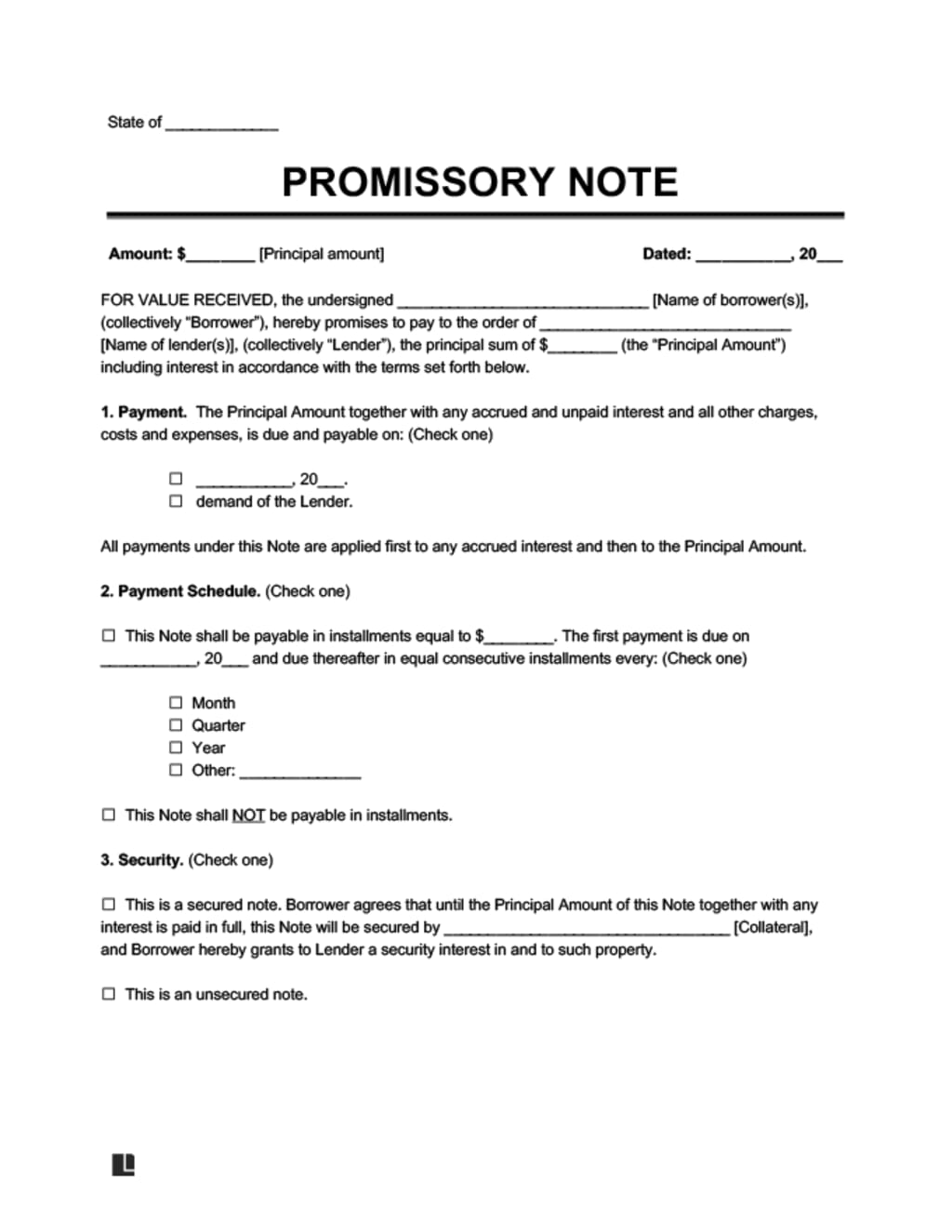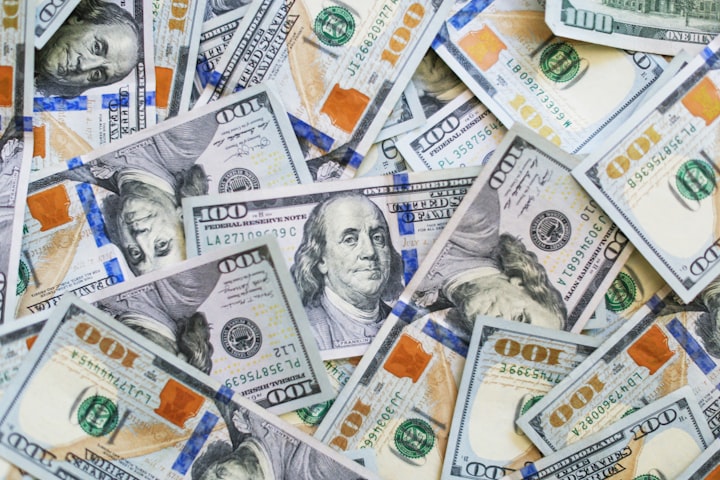Debt : The Good, The Bad, & The Ugly - Part One
How to leverage debt to better your life, rather than letting your possessions control you!

Debt : most of us have some, but does the average person really understand what debt truly is? Let's go back to Webster's Dictionary again :
"DEBT" is defined as "something, typically money, that is owed or due.". Now, debt can take on all kinds of forms : personal debt versus business debt; collateralized, or secured, versus unsecured; as we dig into these terms, we'll talk about the "good" debt, versus the "bad" debt. Here in Part One, we'll talk about the "bad".
NOW! For the legalese we unfortunately all need: Every person's financial situation is different, I'm not an attorney/CPA/CFP licensed in any state, and everything written herein constitutes my personal opinion, and cannot be construed as legal, financial, or "planning" advice. With that out of the way, what is "bad" debt, and why do we consider it "bad"? The easiest ones to identify are classified as "consumer debt". This is going to be your credit cards, personal term loans, payday loans, and the worst offender : vehicle loans.
Let's start with the credit cards.
***REVOLVING DEBT***
Credit card debt, or "revolving debt" can be a double edged sword: use it properly, and it will allow your credit score to skyrocket; improperly, and your scores can forever be stuck in the 400s. Until recently, credit cards were typically unsecured, but since the late 2010s, the rise of "secured cards" have given the average individual a chance to "get on the board".
The three most common "accepted" rules of thumb are :
1.) Have at minimum three revolving trade lines reporting to your credit.
2.) Keep your utilization rate at or below 30% on any trade line
3.) Maintain positive payment history, no matter what!
Let's dig into these three a little more.
1.) Most lenders want to see those three minimum trade lines simply as a reference point - every trade line gives the prospective lender a window into your life. If you pay your current obligations on time, odds are, you'll pay your new debts too! However, what is your current available credit, versus your stated income? Do you have the potential to over-leverage your existing credit lines?
2.) Keeping your utilization rate low expands on explanation number one. Again, the more of the credit available to you, that you are using, the more likely you are to default if and when you hit a "bump in the road". Showing you can responsibly use the credit currently available to you establishes a form of trust, allowing a prospective lender to potentially issue you more credit. If your utilization rate is too high (every lender's metrics are different..."too high" is relative) - don't even waste your time applying - running an application A.) WILL NOT GET YOU APPROVED, & B.) Will ding your credit with an inquiry that will show for (on average) 24 months.
3.) I cannot stress this enough - PAY YOUR BILLS ON TIME!!!! Positive payment history is crucial to your credit score. Once an account has been established, your statement shows two very important dates : your statement date, and your billing cycle date. One is your billing due date, the other is when that credit card company reports your account data to the credit bureaus. Showing "proper utilization usage" (using your card the way *they* want you to) is one of the easiest ways to unlock a higher credit limit. Using your credit card like a debit card (accounting for every dollar on the card, and paying the balance in full monthly), and paying prior to the billing cycle date is one of the keys needed to securing an excellent credit score.
What if you're having trouble getting approved due to past poor choices? As I briefly mentioned above, there is hope! Within the last ten years, a cottage industry has emerged known as "secured credit cards". A quick Google search will help find reputable providers - one I've personally opened in 2015 is First Access (www.FirstAccessCard.com). I opened an account with a $300 deposit; with proper usage, that card's credit limit has doubled to $600. As of writing in April 2022, Wells Fargo still offers up to $10,000 for personal secured accounts, and $25,000 for business secured accounts. If you have the cash, you can get the acknowledgment your cash deserves.
***PREDATORY LOANS***
We'll touch briefly on this category, but predatory loans covers payday loans, & short term personal loans; and on the commercial side, merchant cash advances, or "receivables financing". Without getting too far off the beaten path, this sector of finance preys on the vulnerable (you're looking for money for a reason!), and essentially "mortgages" your future income, typically at astronomical interest rates. If you choose to take out a predatory loan, have your exit strategy plan in place prior to signing the paperwork - know what the pain will be and plan for it. Don't be blindsided!
***VEHICLE LOANS***
This subject is usually the hardest to have an honest conversation about : who wants to admit they got shafted at the dealership? As of 2022, the average new car note has been stretched to 72-84 months. The average new car purchaser will keep that car for 24-36 months : meaning you're planning for debt. How many of your reading this know what it's like to NOT have a car payment? My car is cash, my wife's van is financed: vehicle was purchased in 2018, payment of $429.55 per month, for 72 months. Vehicle's price was $15,000.00, if I had chosen to take the loan through the full maturity date, I would have paid nearly $31,000 after interest! As painful as it is, pay cash for a car you can afford, bank what your car payment would be, save half for repairs, the other for your vehicle replacement; and when the time comes when a MAJOR repair comes up and the vehicle is no longer "worth it", those "car payments" are set aside for the next purchase.
If you've stuck with me this far, I hope you're starting to see a trend here: anything with interest has the potential to be predatory. Interest is essentially a "mortgage" on your paycheck - when you purchase something on a credit card, purchase a vehicle with financing, or even a house with a mortgage (we'll get to real estate in Part Two), you're gambling on your income either staying the same, or improving, long enough to pay off your loan. With that said, I don't like to gamble unless I think I can win...paying interest on going out to eat isn't winning. Paying interest on a depreciating asset (YOUR FINANCED VEHICLE), isn't winning. Be incredibly choosy on where and how you'll pay interest.
If interest is a gamble, and we need to have our money MAKE money...what interest is acceptable? Join me for Part Two as we dig into the "Good" side of debt.






Comments
There are no comments for this story
Be the first to respond and start the conversation.